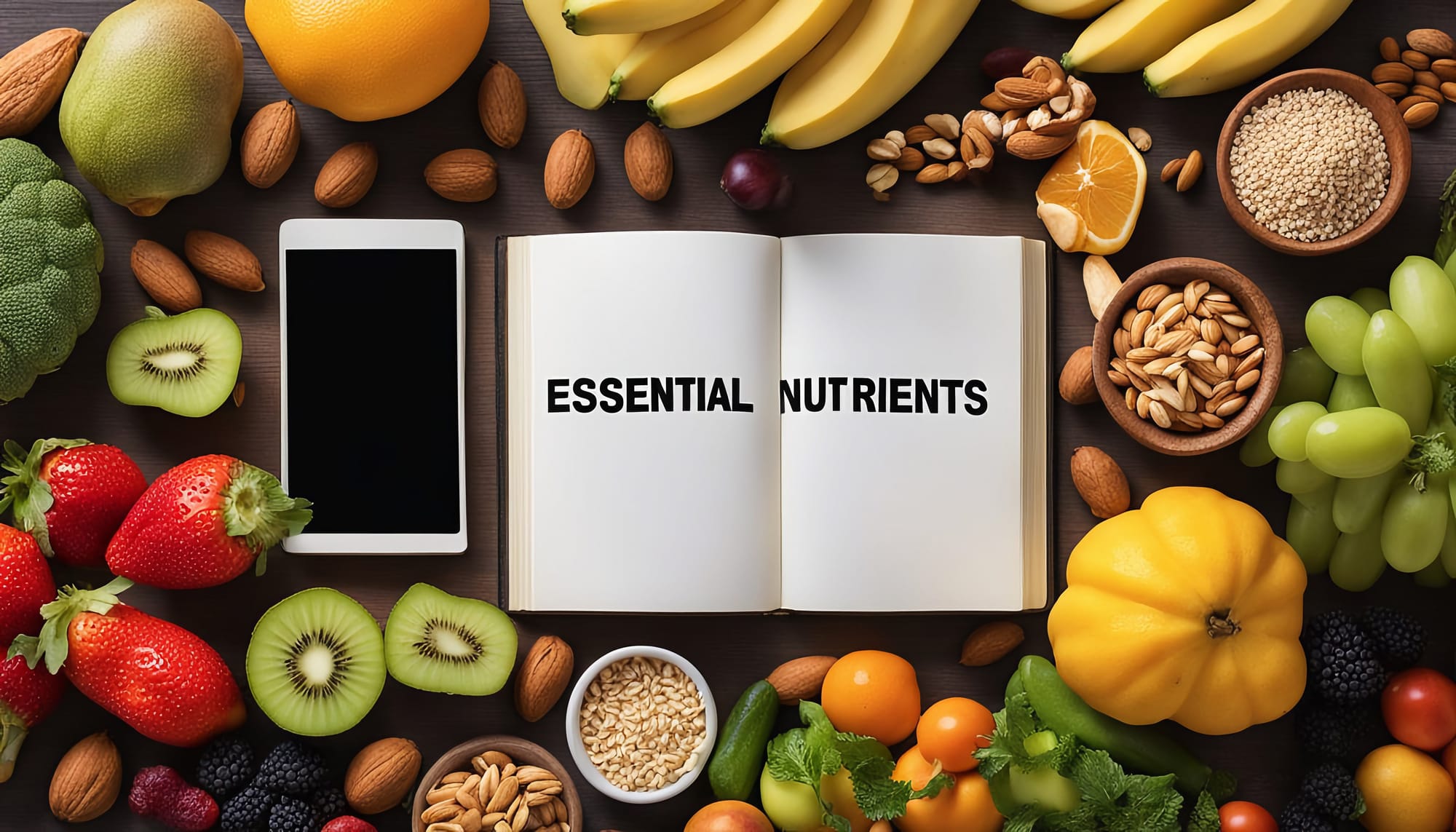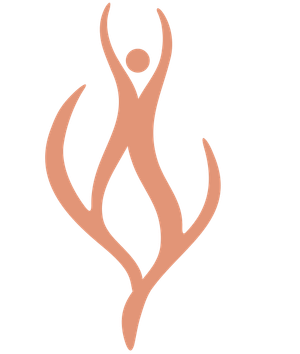As individuals enter their 40s, their bodies undergo a series of hormonal changes that can affect their overall health and well-being. Proper nutrition plays a crucial role in maintaining hormonal balance and reducing the risk of chronic diseases. However, with so much conflicting information available, it can be challenging to determine the best dietary approach for this stage of life.
In this article, we will provide an ultimate nutrition guide for individuals in their 40s to help them fuel their bodies for optimal hormonal balance. We will explore the specific nutrients and dietary patterns that can support overall health and well-being during this stage of life. By following these guidelines, individuals can reduce their risk of chronic diseases and improve their quality of life.

The Role of Hormones in Aging
As individuals age, their bodies undergo various physical and hormonal changes. Hormones play a vital role in regulating various bodily functions, including metabolism, mood, and reproductive health. In women, estrogen and progesterone levels decrease as they approach menopause, leading to several changes in their bodies. Men also experience hormonal changes, including a decline in testosterone levels.

The hormonal changes in the 40s can lead to several symptoms, including weight gain, mood swings, hot flashes, and decreased libido. However, proper nutrition and lifestyle changes can help individuals manage these symptoms and maintain hormonal balance.
| Phase/Condition | Typical Progesterone Levels (ng/mL) |
|---|---|
| Menstrual Cycle | |
| Follicular Phase (Days 1-14) | 0.1 to 0.7 |
| Ovulation (Day 14-15) | 2 to 25 |
| Luteal Phase (Non-pregnant) (Days 16-28) | Declines below 1 |
| Luteal Phase (Pregnant) | 11.2 to 90.0 |
| Pregnancy | |
| First Trimester | 11.2 to 90.0 |
| Second Trimester | 25.6 to 89.4 |
| Third Trimester | 48 to 150+ |
| Postmenopause | Less than 1 |
And if we dig more specifically, you can notice in which phase those changes may occur. Do not feel excessively concerned about those changes, as they are part of the aging process. However, do take containment actions to make sure you are not letting your body assume that you are cool with that. And if you are in your 50s, you know that your body is everything but cool in this transitional phase!
Common Hormonal Imbalances
Several hormonal imbalances can occur in the 40s, leading to various health issues. The most common hormonal imbalances include:
Hypothyroidism:
A condition where the thyroid gland doesn't produce enough thyroid hormones, leading to weight gain, fatigue, and depression.
Hyperthyroidism:
A condition where the thyroid gland produces too much thyroid hormone, leading to weight loss, anxiety, and irritability.
Insulin resistance:
A condition where the body's cells become resistant to insulin, leading to high blood sugar levels and an increased risk of type 2 diabetes.
Adrenal fatigue:
A condition where the adrenal glands don't produce enough cortisol, leading to fatigue, weight gain, and mood swings.
Proper nutrition and lifestyle changes, such as regular exercise and stress management, can help individuals manage these hormonal imbalances. A balanced diet rich in protein, healthy fats, and fiber can also help regulate hormones and maintain hormonal balance.
Essential Nutrients for Hormonal Health

Vitamins and minerals play a crucial role in maintaining hormonal balance. Here are some of the essential nutrients that aid in hormonal health:
Vitamin D:
This vitamin is vital for the production of testosterone and estrogen. It also helps in the absorption of calcium, which is necessary for strong bones.
Magnesium:
is essential for the production of progesterone, which is crucial for regulating the menstrual cycle. It also helps in reducing stress and anxiety.
Zinc:
is necessary for the production of testosterone and progesterone. It also helps in boosting the immune system and improving sleep quality.
Iron:
is essential for the production of hemoglobin, which carries oxygen to the cells. It also helps in regulating the menstrual cycle and reducing fatigue.
Macronutrients and Fatty Acids
Macronutrients and fatty acids are also crucial for hormonal health. The list below is not exhaustive, but it is indeed a very practical and effective to aid in hormonal health:
Protein:
Protein is necessary for the production of hormones. It also helps in building and repairing tissues and muscles.
Carbohydrates:
Carbohydrates provide energy to the body and help in regulating blood sugar levels. They also aid in the production of serotonin, which is necessary for mood regulation.
Healthy Fats:
Healthy fats such as omega-3 fatty acids are necessary for the production of hormones. They also help reduce inflammation and improve brain function.
Incorporating these essential nutrients into your diet can help maintain hormonal balance and promote overall health.
Dietary Strategies for Balance and Well-being

Maintaining hormonal balance is essential in one's 40s, and a healthy diet can help achieve this. The following dietary strategies can aid in promoting balance and well-being.
Anti-Inflammatory Foods
Inflammation can cause hormonal imbalances, and consuming anti-inflammatory foods can help reduce inflammation. Foods such as fatty fish, leafy greens, berries, and nuts are rich in anti-inflammatory properties. Incorporating these foods into one's diet can help reduce inflammation and promote hormonal balance.
Blood Sugar Regulation
Blood sugar regulation is crucial in maintaining hormonal balance. Consuming foods that have a low glycemic index can help regulate blood sugar levels. Foods such as whole grains, legumes, and non-starchy vegetables can help regulate blood sugar levels and promote hormonal balance.
Gut Health
The gut plays a significant role in hormonal balance. A healthy gut can help regulate hormones such as insulin and estrogen. Consuming foods that are rich in fiber, such as fruits, vegetables, and whole grains, can aid in promoting gut health and hormonal balance.
In conclusion, incorporating anti-inflammatory foods, regulating blood sugar levels, and promoting gut health can aid in maintaining hormonal balance in one's 40s.
Lifestyle Considerations for Optimal Nutrition

To achieve hormonal balance, it is essential to focus on lifestyle factors in addition to nutrition. The following touches on the importance of exercise and physical activity, stress management, and sleep quality.
Happy New Year, everyone! As we move past the holiday season, it's the perfect time to get back into exercising. Remember, a little bit of activity goes a long way in boosting your mood and energy after all the festive feasting. Start with something simple and fun, like a daily walk or a yoga session. It's not about intense workouts, but about enjoying the process and being kind to your body. Set achievable goals, celebrate small wins, and most importantly, listen to your body's needs. Let's step into the new year with a commitment to stay active and healthy. Your future self will thank you for it!
Exercise and Physical Activity
Regular exercise and physical activity are crucial for maintaining optimal health and hormonal balance. Exercise helps to reduce inflammation, improve insulin sensitivity, and increase muscle mass. It also aids in weight management, which is essential for hormonal balance.
It is recommended to engage in at least 150 minutes of moderate-intensity aerobic exercise per week, along with muscle-strengthening activities at least two days per week. Examples of moderate-intensity aerobic exercise include brisk walking, cycling, and swimming.
Stress Management
Chronic stress can negatively impact hormonal balance and overall health. It is essential to manage stress through various techniques such as meditation, yoga, deep breathing, and mindfulness.
Additionally, engaging in activities that bring joy and relaxation, such as spending time with loved ones, reading, or listening to music, can also help to reduce stress levels.
Sleep Quality
Adequate sleep is crucial for hormonal balance and overall health. Poor sleep quality can lead to imbalances in hormones such as cortisol, insulin, and growth hormone.
Aiming for 7-9 hours of sleep per night and establishing a consistent sleep schedule is recommended. Creating a relaxing bedtime routine and avoiding electronic devices before bed can also improve sleep quality.
Sleep is crucially important to our cells evolution particularly when these clusters of changes impact us a once, I watched this podcast on Sleep. Mathew is an absolute guru when it comes to sleep, I hope it will serve you as well as it did for me.
Until Next, Stay Vibrant! Olivia. And again, happy new fabulous and health 2024!







